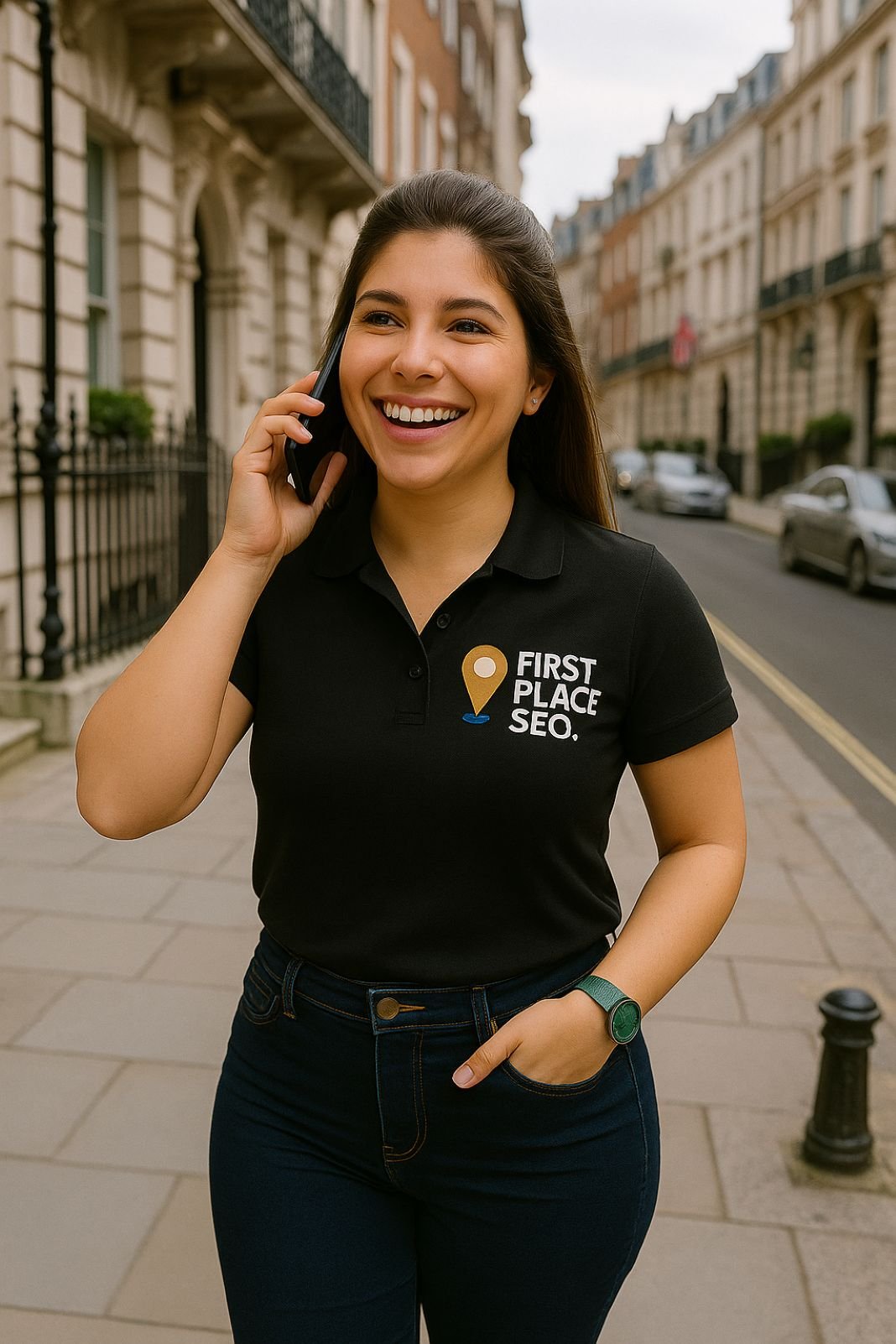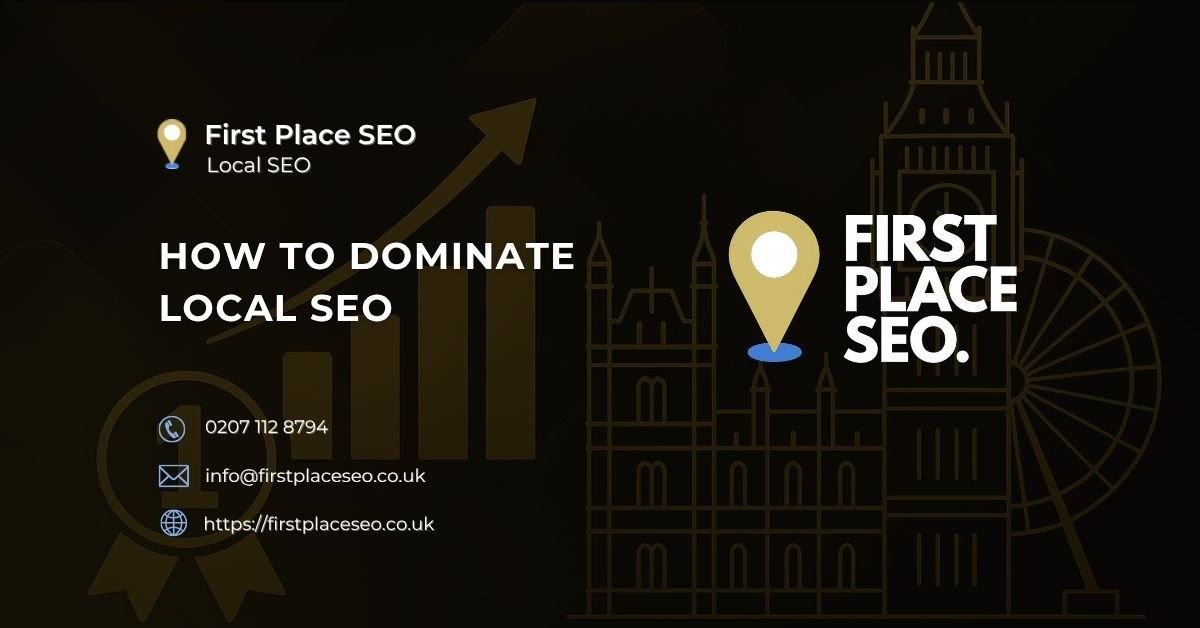How can businesses dominate local SEO?
Businesses in the UK can stand out in local search by focusing on four core areas. Make sure your business information is accurate and consistent wherever it appears online. Build a website that is fast, works well on mobile and provides useful content focused on your local area. Earn links and reviews from respected local sources. Use keyword research, analytics and ongoing updates to improve what is already working and fix what is not.
Here's What We Have Covered In This Article
1. Strengthen Your Online Presence
Why is Google Business Profile important for local visibility?
Claiming your Google Business Profile is a simple but powerful way to improve your local visibility. Accurate contact details, opening hours, services and photos give customers confidence and help you show up in local map results. Regular updates signal that your business is active. Adding UTM parameters to your website link helps you track how much traffic and how many leads are coming directly from your profile.
Build a user-friendly, locally relevant website
Treat your website as a direct line between your business and local customers. Each service area should have its own dedicated page. For example, a pest control company based in Newcastle might include separate pages for “wasp nest removal in Gosforth” or “rodent control in Jesmond”. Each page should include location-specific content, structured data and embedded maps. A clear call to action and customer reviews help visitors know what to do next.
Keyword targeting and content planning
Use local keyword research tools to find high intent search terms. For example, “same day tyre replacement in Croydon” targets immediate need. Integrate natural language keywords and question formats into your content. For instance, create blog articles that answer common queries like “What should I do if I have a burst pipe in Leeds?” These pages help with voice search optimisation and also provide direct value to people who are searching.
Pro Tip :Use UTM links in your Google Business Profile website URL to accurately measure traffic and conversions coming from your profile.
Need Help with Local SEO?
Get expert support to optimise your Google Business Profile and local visibility.
2. Build Authority Through Local Signals
Backlinks from local and regional websites
Search engines give more weight to websites that other trusted sites link to. You can gain links by contributing expert comments to local news stories or by collaborating with regional charities, events and schools. A local builder might offer advice to a local housing blog, while a bakery could work with a nearby food festival. These mentions and links help search engines recognise your authority and relevance in a specific location.
Keep citations consistent across directories
Directory listings reinforce trust when your name, address and phone number match exactly across every platform. This applies to listings on Yell, FreeIndex, Facebook and more. Inconsistencies can confuse search engines and lead to lower rankings. Using tools like BrightLocal or Data Axle can help manage this more easily, especially if you have more than one location.
3. Convert and Retain Local Customers
Encourage and respond to reviews
People read reviews before they make a choice. A Google Business Profile with positive, recent reviews builds trust quickly. After providing a good service, ask customers to leave a short review. Respond to every review, whether it is positive or not. A polite, thoughtful reply shows you are listening and that you care about the experience people have with your business.
Connect with your local audience on social media
Link your social accounts to your Google Business Profile to make it easier for people to learn more about your business. Share updates about seasonal offers, new services or local events. Posting photos of completed work, staff shoutouts or community involvement adds a personal touch. Tagging local groups and using town or city hashtags helps extend your reach.
Pro Tip:Build out a service area page strategy by targeting neighbouring locations even if you don’t have a physical address there.
4. Monitor and Adapt Your Strategy
How do you measure the success of local SEO?
Use free tools like Google Search Console, Google Analytics and Google Business Profile Insights to see how people are finding you. Track calls, website visits and form completions. Look for patterns over time. For example, if your “emergency electrician in Reading” page starts attracting more traffic, build similar pages for nearby towns or similar services.
Keep information up to date
Check your contact details, services, photos and business hours regularly. Search behaviour and demand can shift based on seasons, local events or even news. Refreshing content to match current needs shows both customers and search engines that your site is relevant and useful.
Final Takeaway
Local SEO works best when everything is connected and accurate. Make sure your business details are consistent everywhere. Build a fast, helpful website with clear location-based content. Earn trust through links and customer reviews. Check your results often and improve based on what people are looking for. Local customers will find you more easily and are more likely to choose your business.



